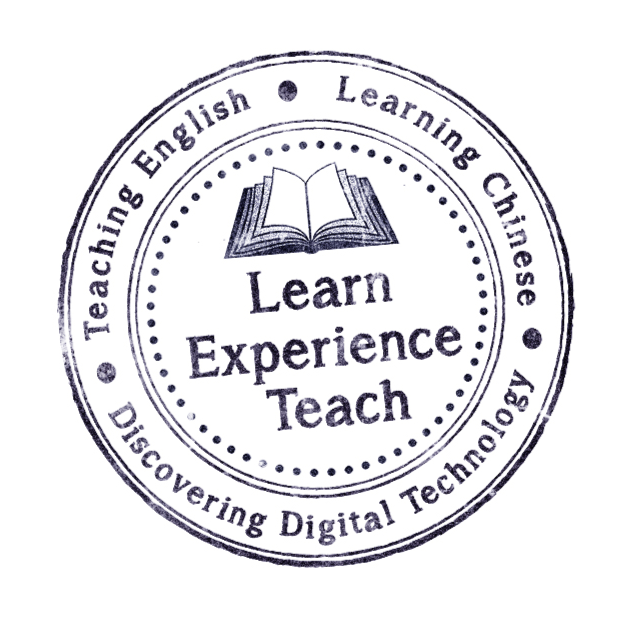Background
At the end of November I attended a talk at the AmCham China Conference Center in Beijing, examining why education has failed to keep up with the fundamental changes driven by new technologies. The speaker, Noel Thomas, Co-Principal of Yew Chung International School of Beijing (YCIS Beijing), provided some insightful analysis on the current educational climate, discussed the need to re-imagine the way schools teach students, and suggested ways to ensure these changes are achieved, for the good of our children’s futures.
Has education changed in the last 40 years?
According to Thomas, no, not really. There has been no fundamental change in what educational institutions do. The content, the buildings and the timetable, are all the same. This attitude is echoed by Dreyfus in his 2001 work, How Far is Distance Learning from Education, where he reminds us that the introduction of new technologies such as motion picture and radio, were expected to transform the way we learn. However, in reality, a transformation in the method of communication did not equate to a change in the method of education (Dreyfus, 2001: 30). Education is not adapting to change. But with the current internet revolution, perhaps a fundamental shift in education is about to occur.
What does Testing mean?
Thomas sees schooling as being stuck in the industrial age, and highlights a near obsession we seem to have about tests, exams and qualifications by quoting Yong Zhao, author of Who’s Afraid of the Big Bad Dragon: Why China has the Best (and Worst) Education System in the World, “China has the best education system because it can produce the highest test scores. But, it has the worst education system in the world because those test scores are purchased by sacrificing creativity, divergent thinking, originality, and individualism.” Certification seems to be the dominant force in measuring ability. However, Thomas is not convinced this form of quality control is effective, proclaiming, “I don’t think we are testing 21st century skills.”
Emotion and Learning
Thomas had us parktake in a fun activity where we had to close your eyes and think about two different things – one, the mathematical formula for acceleration. The other – a favourite holiday. Needless to say, that I could only guess the components of the formula, whereas the images I conjured up of my holiday were rich in colour, sound, and seem to play like a film in my mind. What is clear is that emotions strengthen memories. Indeed, I have been reading a lot about the role of anxiety in the classroom, and how past experiences of learning inform learners’ current learning process. Krashen recognises that learning anxieties can create an affective filter that block acquisition (1982). Thus, in order to facilitate learning, teachers should prioritise the construction of an anxiety-free learning experience.
Mega-Trends in Education
With more and more children being home-schooled, and with individual seeking out their own learning through online channels such as the Khan Academy, Thomas identifies the latest trends in academia:
– feedback summative and formative
– flexible grouping
– reduced content density
– the changing role of the teacher (re-invent education? They are at the front line)
– on the job training (City and guilds, Teach First)
– teaching of meta cognition/reflection. Howard Gardner, differentiation.
– school and community (family, school and community triangle). Example, UK free schools.
– dropping in and out (professional webinars, attended by an international audience)
The Application of ICT to Enhance Learning
Combining all that we know today about teaching and learning, Thomas suggests that the Internet may lead to a paradigm shift in Eduaction. He encourages parents to ask teachers about the real application of ICT in schools to enhance learning. When asked to elaborate in terms of selection and appropriacy of tools, (my question in the Q&A section!), he answered in the the context of his school: students participate in online discussion groups, share poems and comments, are taught how to research, whether to trust or not trust (resources), and there is even focus on collaboration to engage with other schools. From an academic point of view, matching and selecting appropriate methodologies and tools to match learners needs is a wisdom all educators should look to attain (Prensky, 2010). Such sound advice is encouraging, and gives hope to for a real Education Revoluntion in the near future.
References
Dreyfus, H.L. (2001). On The Internet. 1st ed. London: Routledge
Krashen, S. (1982). Principles and Practice in Second Language Acquisition. Oxford: Pergamon Press
Prensky, M. (2010). H. Sapiens Digital: From Digital Immigrants and Digital Natives to Digital Wisdom. Innovate Online

3 Comments on “Education Revolution talk with Noel Thomas (YCIS, Beijing)”
Comments are closed.